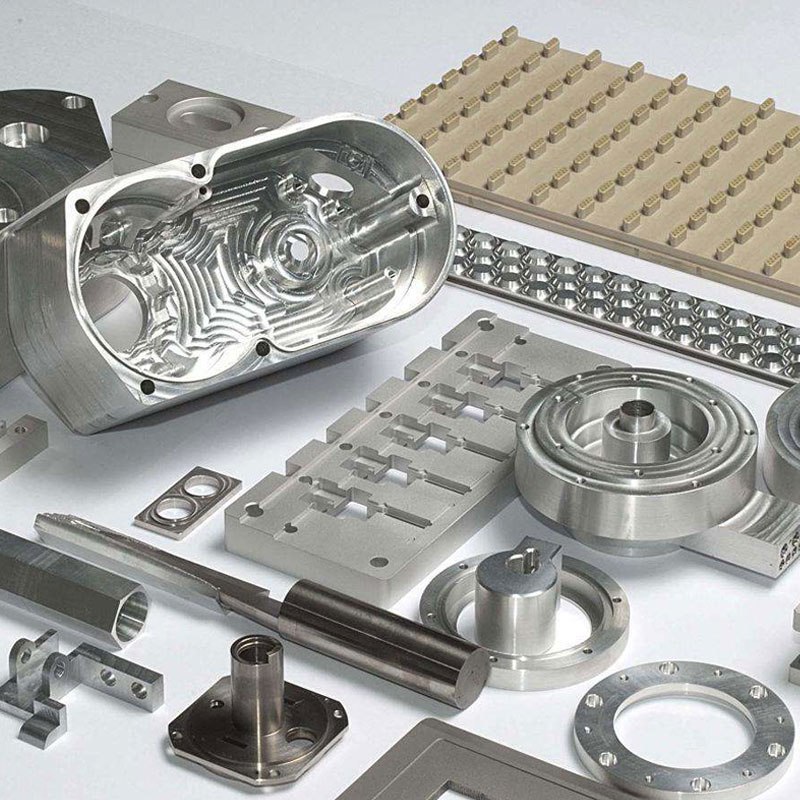Porous material is a new type of structural and functional material, which can effectively exert its mechanical and structural properties under a lighter weight. Compared with solid materials, these special lightweight materials have excellent comprehensive mechanical properties. Titanium and titanium alloys have excellent properties such as low density, high specific strength, wide operating temperature range, good corrosion resistance and biocompatibility. Porous foam titanium and its alloys combine the characteristics of titanium alloys and porous materials, which can reduce the weight of the material without weakening its strength, while maintaining high toughness and corrosion resistance. Therefore, foamed titanium and its alloys have important application value in some special fields, especially in the biomedical industry. Since porous titanium has high biocompatibility and excellent mechanical properties, its advantages are very obvious. Compared with the overall porous titanium material, the titanium material that is only porous on the surface has higher mechanical strength and can withstand a greater physiological load, so it shows a broader application prospect in the medical field.
Adding a layer of porous titanium coating on the surface of the titanium alloy substrate is a method of surface porosification. It has been reported that porous titanium coating can be prepared by pressureless high temperature sintering method by placing titanium powder in a vacuum environment, but the resulting coating has the disadvantages of low porosity and high elastic modulus. It has also been reported that after physically mixing coarse titanium powder and fine titanium powder, a porous titanium coating can also be prepared by plasma spraying technology, but the coating has problems of high oxygen content, irregular pore shape and too few through holes.
Recently, the China Academy of Ordnance Science used cold spray technology to prepare the Ti-Mg composite coating. The vacuum titanium distillation of Mg in the coating was used to prepare the porous titanium coating. They use self-made Ti powder and Mg powder, which are physically mixed according to the mass ratio of 80:20, as the spray powder of the coating. The selected substrate is TC4 titanium alloy (0.002% H, 0.07% O, 0.02% N, 0.02% C, 0.04% Fe, 6.2% Al, 4.1% V, Ti Bal). The Ti-Mg composite coating was prepared using high-speed high-pressure cold spray equipment, the working gas was N2, the working pressure was 3.0 MPa, the gas heating temperature was 300 ° C, and the spraying distance was 25 mm. Then, a vacuum sintering furnace was used for vacuum distillation of the sprayed Ti-Mg composite coating, the chamber pressure was 2.0 ~ 2.3 MPa, the distillation temperature was 1100 ° C, and the distillation time was 2 hours.
Detection showed that the interface between the obtained coating and the substrate is relatively tight, the density of the coating is high, the average thickness is about 250μm, and the distribution of the two components in the coating is more uniform. It has been determined that the bonding strength between the coating and the substrate reaches 60 MPa, and the porosity of the coating is less than 1%. The composition analysis of the surface using an energy spectrum analyzer showed that the titanium particles in the coating had no obvious oxygen content, indicating that the cold spraying technique well avoided the excessive oxidation of the titanium powder, which was conducive to retaining the original powder Chemical composition; however, the magnesium particles in the coating are found to have more impurities, which is mainly due to the excessive activity of magnesium metal and natural oxidation in the atmosphere. In order to make the coating porous, the magnesium component in the spray coating must be removed, so the spray coating was vacuum distilled. After vacuum distillation, the microstructure of the coating has obvious through-hole structure, the porosity of the coating reaches 50%, and the pore size distribution is 30 ~ 100μm. The result of the energy spectrum analysis of the coating surface shows that only the titanium element is present after the vacuum distillation treatment, and the magnesium element has been completely distilled.
Their work proves that the combination of cold spray technology and vacuum distillation can obtain a pure titanium coating with a continuous porous structure.

What’s your reaction?
Love0
Sad0
Happy0
Sleepy0
Angry0
Dead0
Wink0









